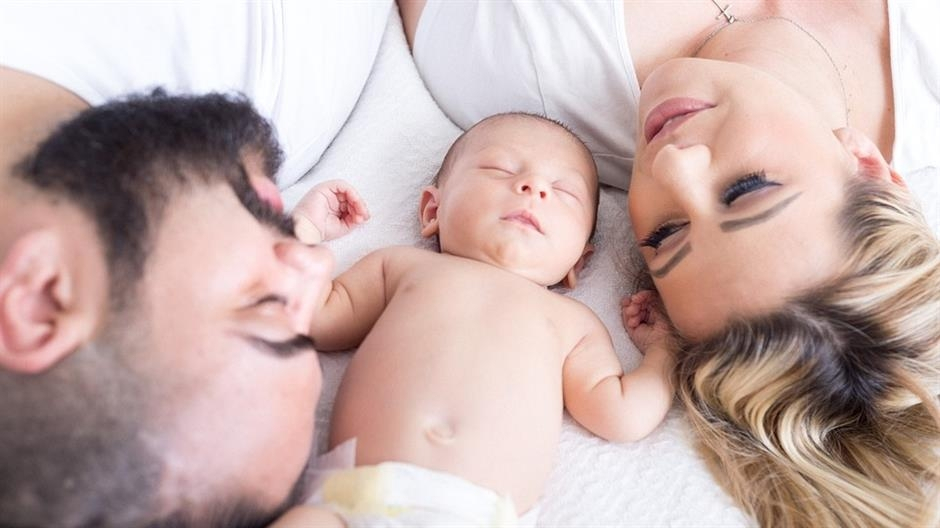
Allergies in Children
For infants at high risk of developing allergies, longer breastfeeding is recommended, at least six months, and if possible up to a year. If the mother is not breastfeeding, the use of hypoallergenic milk (HA milk) is recommended.
In case cow's milk allergy is confirmed by tests, the pediatrician should recommend special milk with fully hydrolyzed protein. Some newer insights indicate how to protect the infant from developing allergies. It is important to stop smoking already during pregnancy (the partner too!), and to eat a balanced and healthy diet - writes the portal Biti roditelj.
In the first year, it is necessary to avoid introducing foods with a high allergic potential. This group includes fresh cow's milk and fresh cow's milk products, eggs, fish, soy and soy products, citrus fruits (be careful when adding orange juice!), strawberries, celery, nuts (walnuts, almonds, hazelnuts), and chocolate. These foods should be introduced gradually and only after the age of one. In exceptional cases, carrots can also cause allergies, so in the first purees, along with potatoes, it is better to add vegetables with low allergy potential, such as zucchini, pumpkin, kohlrabi, cauliflower, or broccoli.
Caution when introducing solid food
There must be a two-week interval between introducing each individual food that has a higher allergy potential. When introducing milk-based porridges, it is recommended to prepare them with HA milk and rice or corn flakes.
Some common symptoms indicating an allergy are rashes and redness on the skin, frequent runny nose, frequent and unexplained diarrhea. If these symptoms persist longer or occur upon contact with a certain food (most often cow's milk in infancy), it is necessary to consult a doctor and, if possible, perform an allergy test. In infancy, tests are most often performed for milk protein tolerance and gluten.
Contact dermatitis
In addition to food allergies, contact dermatitis often occurs – redness and scaling of the skin accompanied by itching, which can be very unpleasant for the infant. The baby becomes restless, scratches itself, cries, and is dissatisfied. The baby's skin can react this way when in contact with bath products, perfumes, lotions, detergents…
Such sensitive infant skin should be treated with oil baths and neutral creams, and if that does not help, there are enough special care products available on the market.





